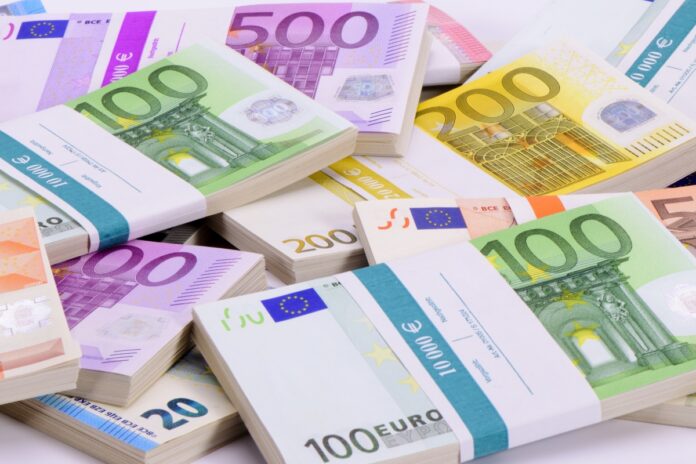A report from Oxford Economics, commissioned by Huawei, reckons that barring vendors from the market, could cost countries 8% to 29% more for 5G over the next decade.
In the US, this translates to an average increase in investment costs of almost $1 billion (€0.9 billion) per year over the next decade.
The global report explores the potential costs of restricting competition in the provision of 5G network equipment (with regard to price, time, and productivity) across eight leading markets: Australia, Canada, France, Germany, India, Japan, the UK and the US.
The report comes as Huawei has been effectively blocked from competing for further 5G infrastructure contracts in the US and Australia, in the wake of allegations from the US government about the security of the vendor’s equipment – Huawei has strongly denied all accusations.
Delays
In several other markets – including Canada, France, Germany, India, Japan, and the UK – respective governments have announced they are either considering exclusion or have imposed partial restrictions.
Oxford Economics says its report represents the first systematic attempt to quantify the potential scale of the impact of such an exclusion.
The report models three alternative scenarios – termed “low cost”, “central cost” and “high cost”.
As well as driving up costs, the report concludes that the increase in investment costs linked to the restriction of 5G competition would also lead to delays in the network rollout, meaning that millions fewer people would benefit from 5G coverage by 2023.
“A delay in the rollout of 5G would also result in slower technological innovation and reduced economic growth. In our central cost scenario, this would result in reductions to national GDP in 2035 ranging from $2.8 billion (€2.5 billion) in Australia to $21.9 billion (€19.7 billion) in the US,” a statement from Oxford Economics said.
This story was amended on14 January 2020 to highlight the research was commissioned by Huawei.


